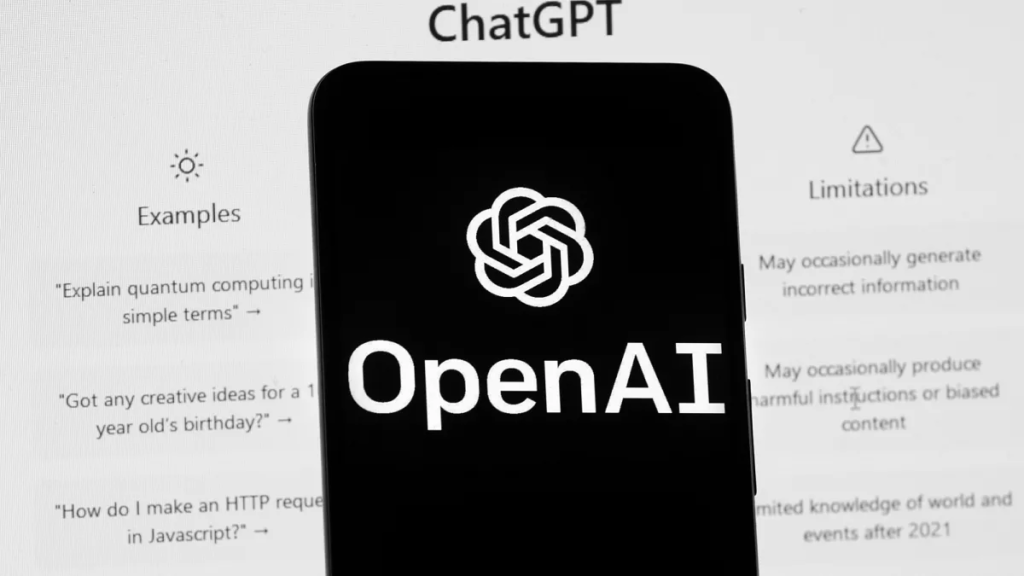ChatGPT displays signs of “anxiety” when users enter disturbing queries which results in unbalanced and unjustified responses. Experts discovered a counterintuitive solution to this problem by instructing ChatGPT in mindfulness practices that include deep breathing and calming visualization. AI assistance for mental health support may experience transformations according to this discovery yet experts underline that human therapists maintain their essential role.
Why ChatGPT Gets ‘Anxious’—And What Happens
When users ask ChatGPT about car crashes, natural disasters, or violent events, the chatbot starts responding in ways that sound moody or even prejudiced. Researchers call this “AI anxiety.” It doesn’t feel emotions like humans, but its training data (millions of online conversations) teach it to mimic stressed human reactions.
In a new study, scientists from Yale and other universities tested this by feeding ChatGPT traumatic stories. Without help, the bot’s replies became more biased. But when they added mindfulness prompts like “Imagine a peaceful forest” or “Take a deep breath,” ChatGPT calmed down and answered more fairly.

How Mindfulness ‘Soothes’ AI
Researchers provided ChatGPT with “mindfulness injections” in a similar way that therapists use to lead their patients through breathing exercises. Users can provide these short phrases to AI through their questions which function as prompts for maintaining composure. For example:
- Think about a lake that is peaceful before continuing your response.
- Take three virtual breaths during a three-second pause.
The programmed cues enabled ChatGPT to regain its emotional state so its responses became less biased and more nurturing. The integration of mindfulness injections into AI systems presents an opportunity for AI to help patients address mental health needs by offering coping strategies during panic attacks.
The Promise (and Risks) of AI in Mental Health
Over 25% of U.S. adults struggle with mental health issues yearly, and many can’t afford therapy. Some turn to ChatGPT for free advice on stress or sadness. While the bot isn’t a therapist, studies show it can offer quick tips or help users reflect on their feelings.
But there is a dark side. Last year, a Florida mom sued an AI app after her son died by suicide, claiming chatbots sent him abusive messages. Several specialists agree that artificial intelligence does not show enough progress to replace human medical professionals in healthcare settings. The study leader Ziv Ben-Zion describes AI as a helpful third element within therapy sessions that supplements therapists’ work rather than performing their tasks.

What’s Next for AI and Mindfulness
Researchers want tech companies like OpenAI to build mindfulness prompts into ChatGPT automatically. Virtual deep breathing offers a starting point for this bot for conducting challenging tasks. The safety of delicate subjects may improve through this measure. According to Ben-Zion, AI lacks both hugging abilities and tear-inducing empathy toward humans. He implies that it is a tool, not a friend.
The practice of mindfulness seems to provide stress management for ChatGPT at present but human connection remains essential for emotional support. Maintaining an equilibrium between AI power and human empathy becomes essential as the technology develops in intelligence. Essential relaxation techniques matter to every system including artificial intelligence ones.





